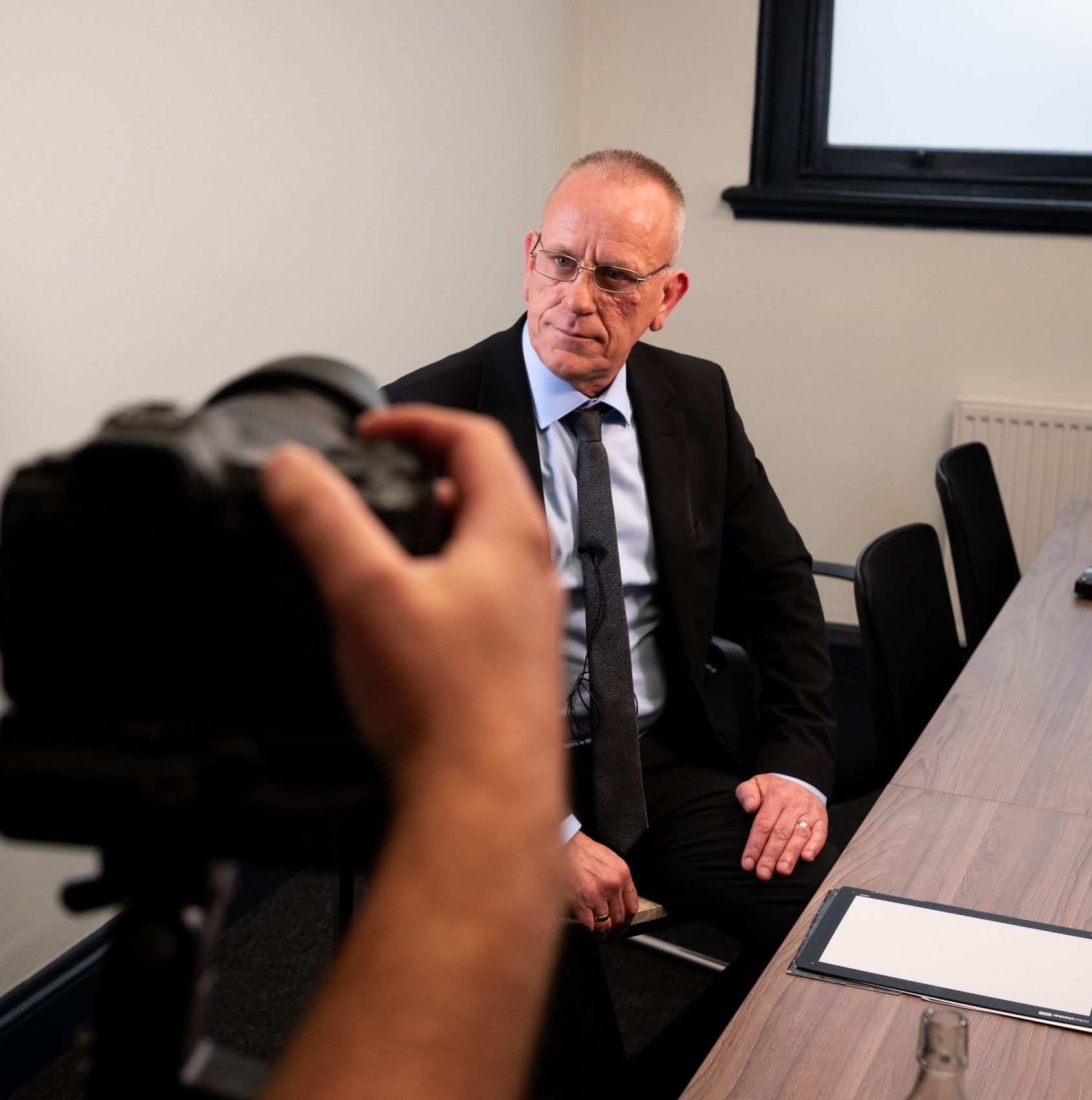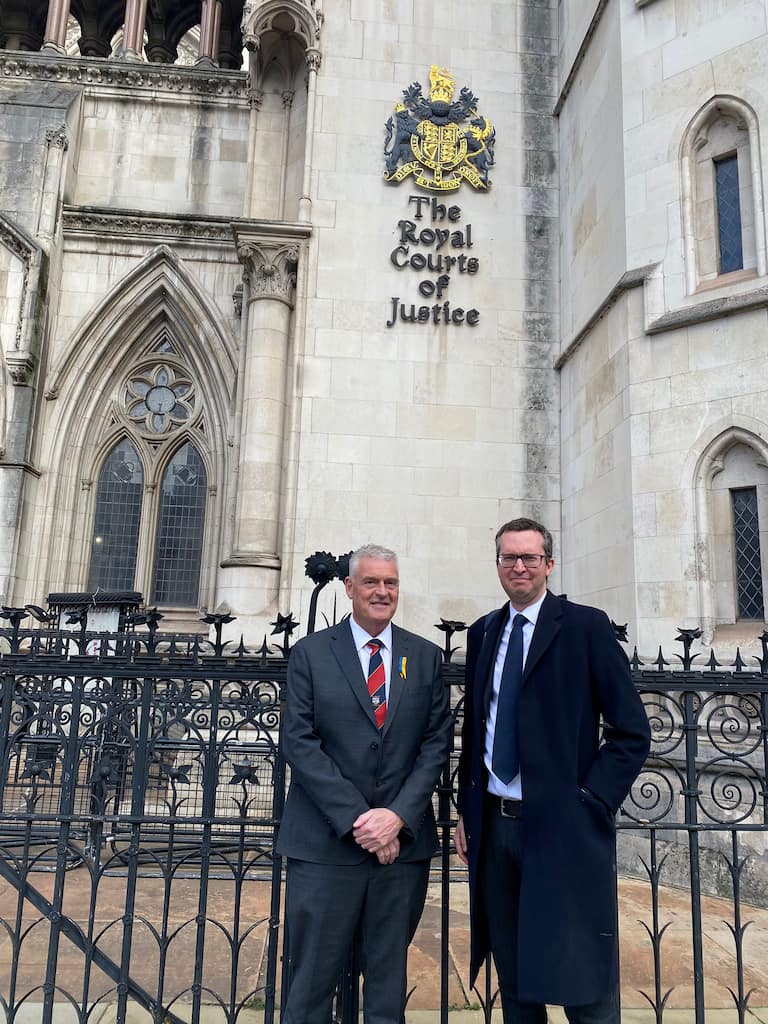Changes to PIP Eligibility Raise Concerns
The government's planned overhaul of the welfare system threatens to affect many Personal Independence Payment (PIP) recipients, particularly those with less severe conditions. As Work and Pensions Secretary Liz Kendall prepares to unveil the reforms, concerns over tightened eligibility are growing.
Focus on Cutting Costs and Incentivising Work
The proposed changes are part of broader efforts to reduce the mounting welfare bill while providing more support to those able to work. However, the focus on revising PIP eligibility is raising alarm within the disability community and among Labour MPs who argue that the reforms could unfairly impact vulnerable individuals.
Labour have outlined the specifics of the reforms and stated that the changes are designed to focus support where it is most needed, ensuring protection for the most vulnerable while incentivising those capable of work to seek employment. While Labour had promised to protect full benefits for individuals who are unable to work, the tightening of eligibility for those with less severe conditions will leave some current claimants without support.
Labour MPs and Peers Voice Opposition
The reforms have sparked significant resistance within the Labour Party. Labour peer Baroness Shami Chakrabarti has voiced strong objections, calling it "wrong in principle" to cut benefits from individuals suffering from disabilities and illnesses.
Furthermore, concerns have been raised about the potential for increased reassessments of claimants, especially for those with long-term conditions.
Claimants Fear Poverty as Cost of Living Rises
Many claimants have expressed distress about the uncertainty surrounding their future benefits. Many claimants are concerned and worried about the increase in cost of living and not being able to afford essentials and sliding very quickly into poverty. Labour MPs are demanding big changes to the proposals first put forward in March in 'The Green Paper', including a rethink on eligibility for personal independence payments (PIP) for disabled people and benefits for carers.
No U-Turn on Cuts Despite Pressure
But, with Rachel Reeves, the chancellor, ruling out a U-turn on disability benefit cuts and government aides insisting there will be no substantial change to the bill, it is unclear whether the tweaks will be enough to prevent a rebellion that could even risk a defeat. Plans to save £5bn a year by overhauling the welfare system, including cuts to PIP, have triggered alarm among Labour MPs. Experts warn that up to 1.2 million people could lose thousands of pounds annually, with an additional 250,000 falling into relative poverty by 2029–30, according to the government's own impact assessment. Ministers are now braced for their biggest rebellion yet, with as many as 170 MPs saying they could vote against the plans.
New Assessment Criteria for PIP
While Rachel Reeves insisted she would not be rethinking her decision on disability benefit cuts on Thursday, despite speculation that the government could soften its stance, she said she was "taking into account" representations from Labour MPs.
Under the changes already announced, claimants would not qualify for Personal Independence Payment unless they score a minimum of four points on a single daily living activity.
Government sources have ruled out any further changes to the assessment criteria.
Assessments score from 0 to 12 the difficulty that claimants face in a range of living activities such as preparing and eating food, communicating, washing and getting dressed.
Impact on ESA and Carer's Allowance
Just over 370,000 people who currently claim PIP are expected to lose their payments. This will also affect those receiving Employment and Support Allowance (ESA) with a Severe Disability Premium, which would be disallowed. Carer's Allowance claimants will be impacted too, increasing hardship for individuals who provide or require daily care.
Up to 800,000 people stand to lose support entirely under proposals from the Department for Work and Pensions, while the poorest disabled claimants could be stripped of as much as £886 per month, it is claimed.
Transitional Period Expected Before Cuts Take Effect
The Department for Work and Pensions is set to release more details about the Welfare Reform Bill soon including news of a “transitional period”. This will give some time to adjust for people who are set to lose their Personal Independence Payments under the changes.
Dr Simon Opher, a GP and the MP for Stroud, revealed on BBC Radio 4 that a transitional phase is due to be announced, according to Daily Record. The MP said this period will allow recipients to continue getting their payments for 13 weeks before it’s cancelled.
Carers Also Affected During Transition
Carers also stand to lose their Carer's Allowance in the reform as this benefit requires the people being cared for to be receiving a benefit like Personal Independence Payment. During the 13 week transition period, carers will reportedly continue receiving their benefit too until the PIP award is terminated.
Future Remains Uncertain for Disabled and Carers
The impact on the disabled and carers is on-going and hopefully subject to positive change soon.













































